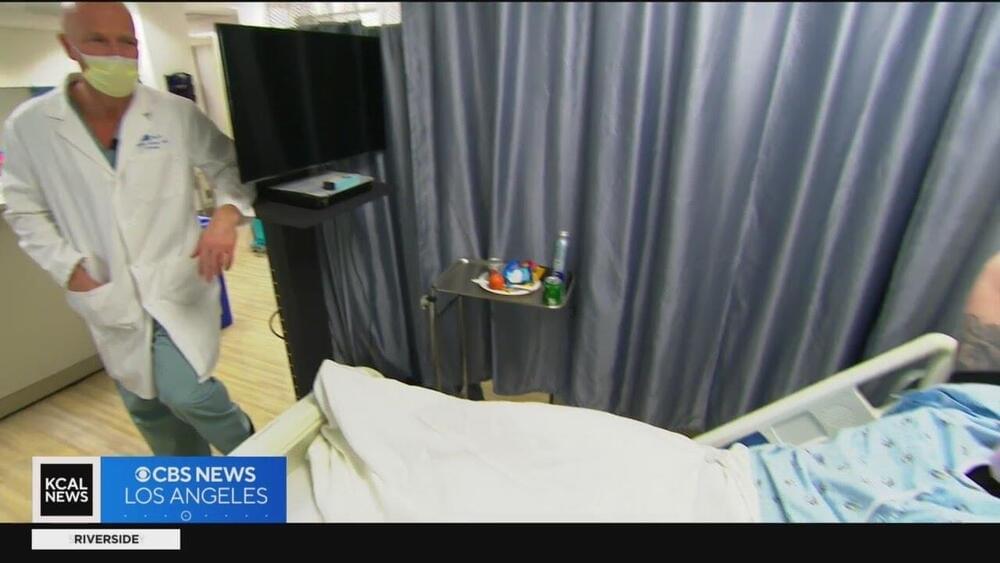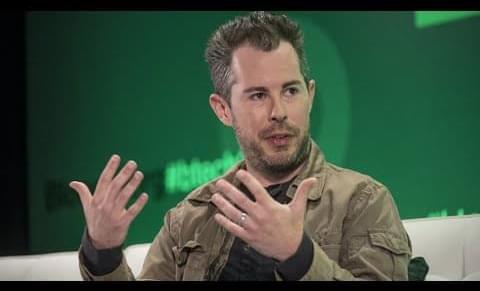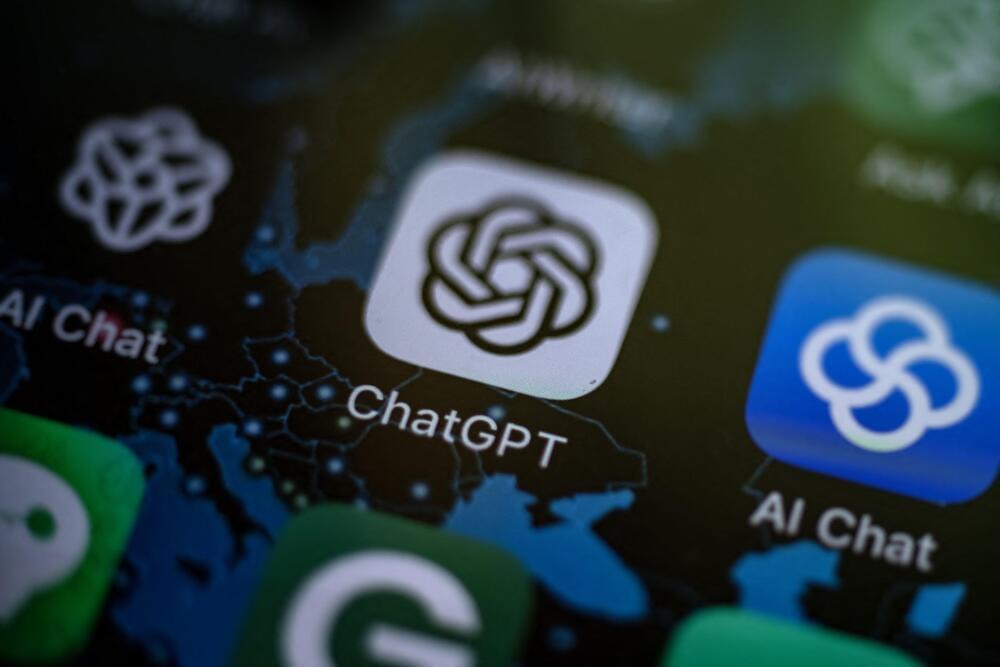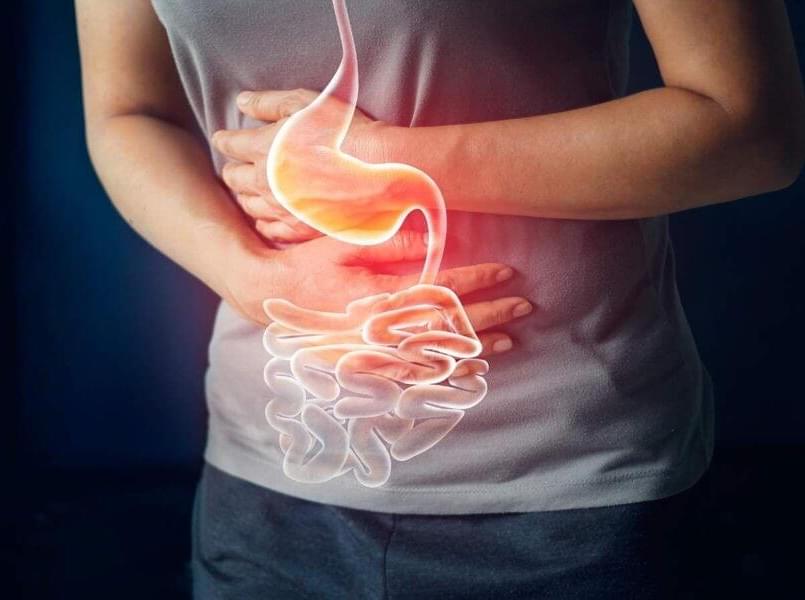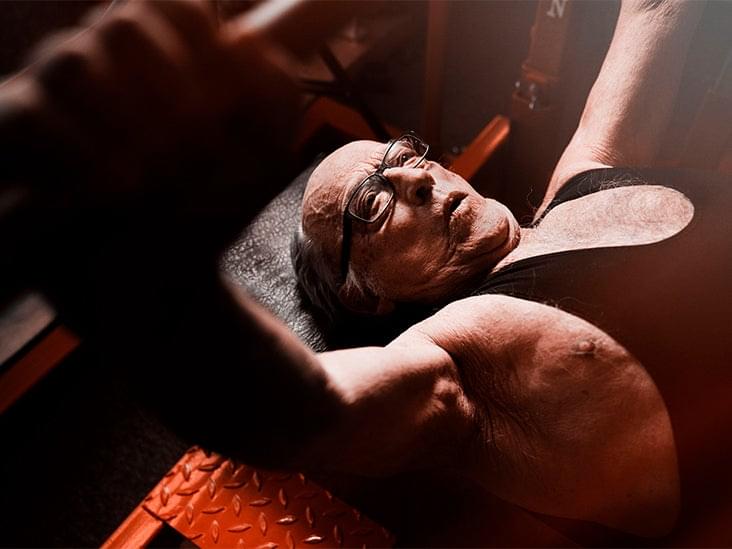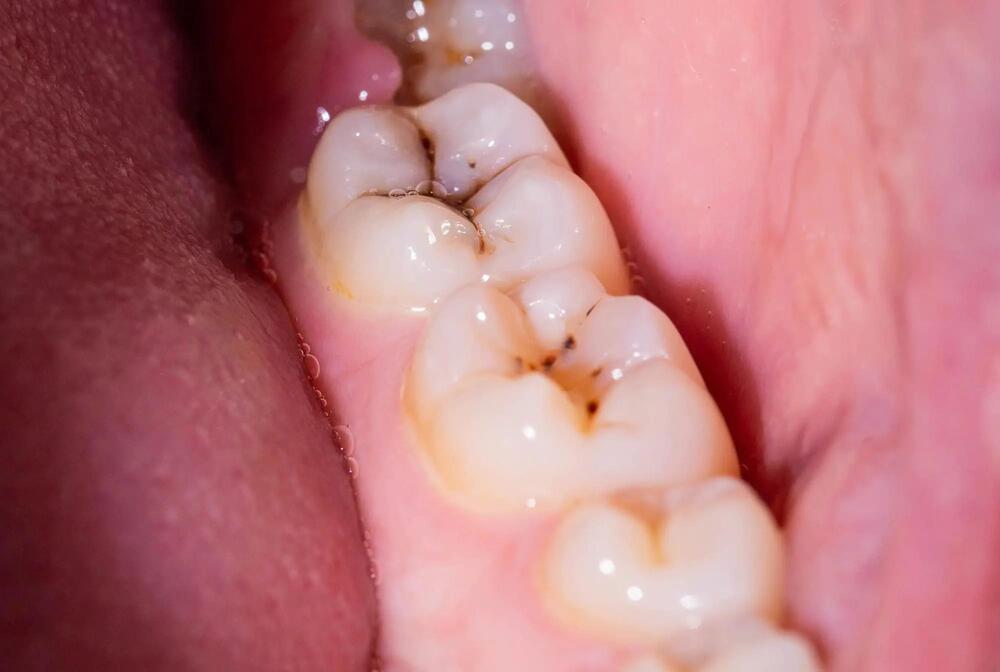Sep 10, 2023
Most Brain Aneurysms Don’t Cause Symptoms
Posted by Shubham Ghosh Roy in categories: biotech/medical, neuroscience
You could be walking around with an unruptured brain aneurysm. But don’t panic – the Brain Aneurysm Foundation estimates that about 1 in 50 people in the U.S. has an unruptured brain aneurysm. Director of Endovascular Neurosurgery Koji Ebersole, MD, says people are surprised to learn that the majority of aneurysms don’t cause any symptoms.
An aneurysm develops when a vessel in the brain has a thin spot, which then fills with blood, creating a bulge or balloon shape. Most brain aneurysms are small, about the size of a pea. Because the brain itself has no sensory fibers, there is no pain and the brain doesn’t register that the aneurysm is there.
“Most patients find out they have an aneurysm for a completely unrelated reason,” Dr. Ebersole says. “Maybe they’re having trouble with their sinuses and have a CT scan and the doctors find an aneurysm. When you learn you have an aneurysm, it’s important to meet with a physician who’s practiced in neurology to talk about the implications.”
